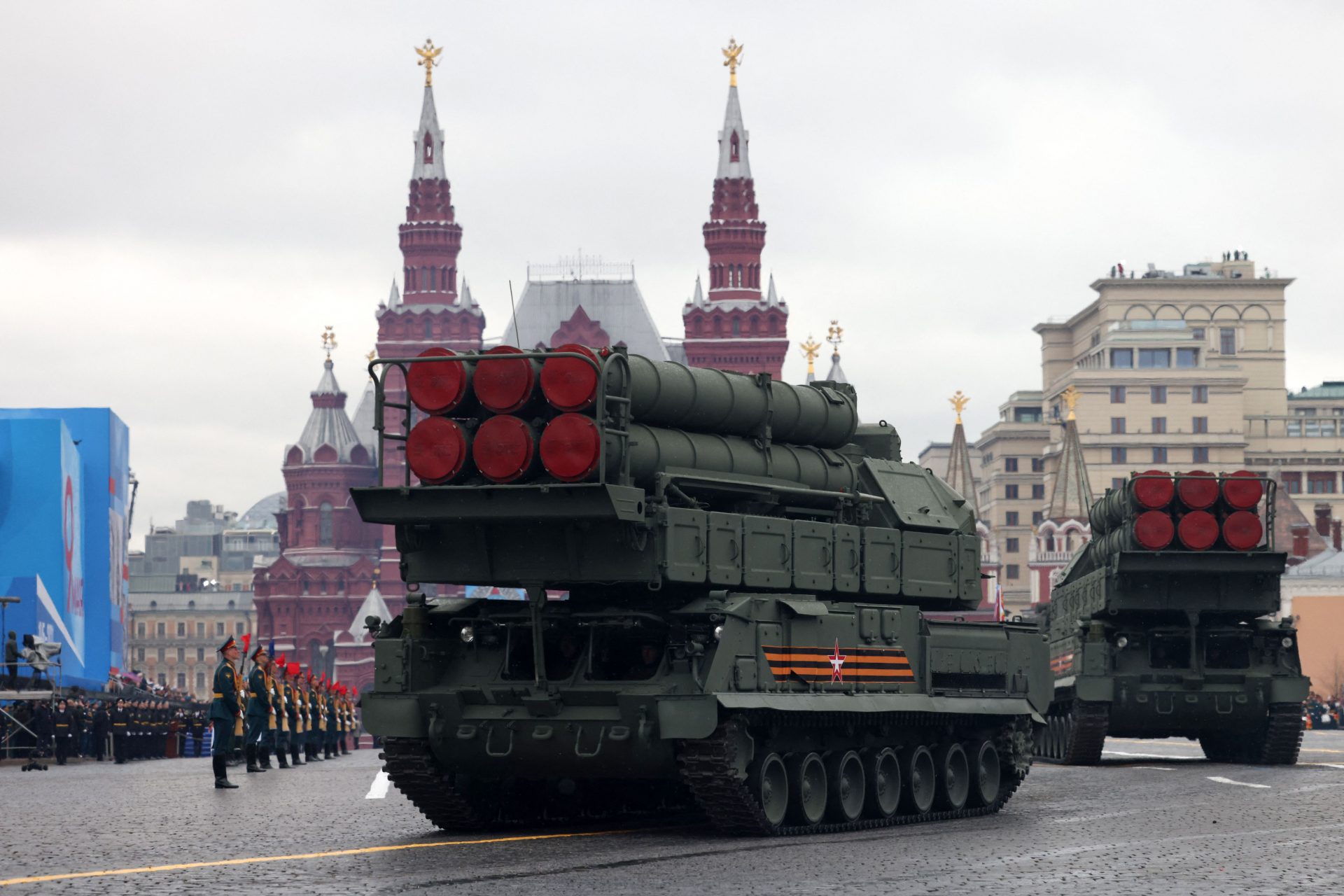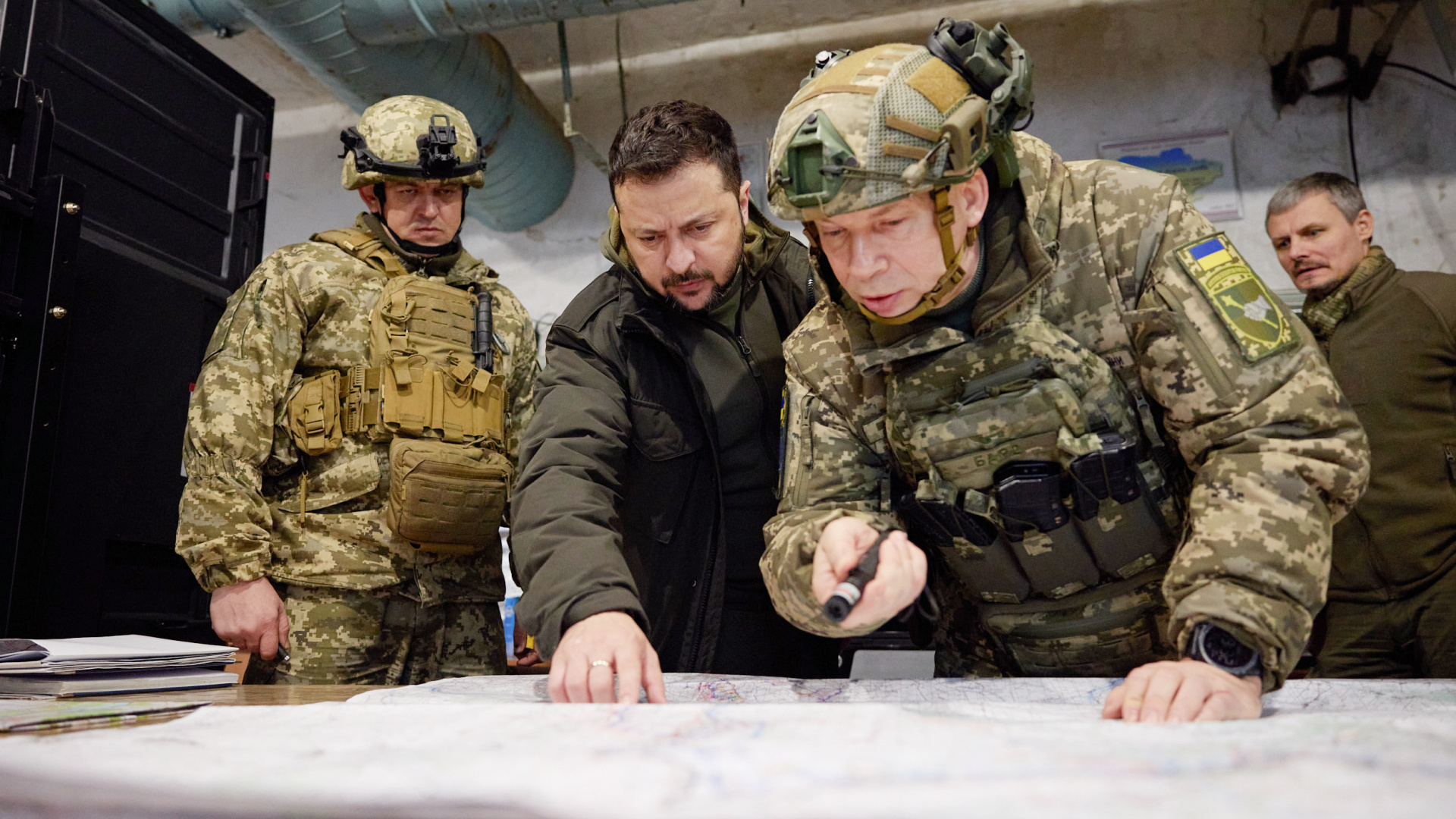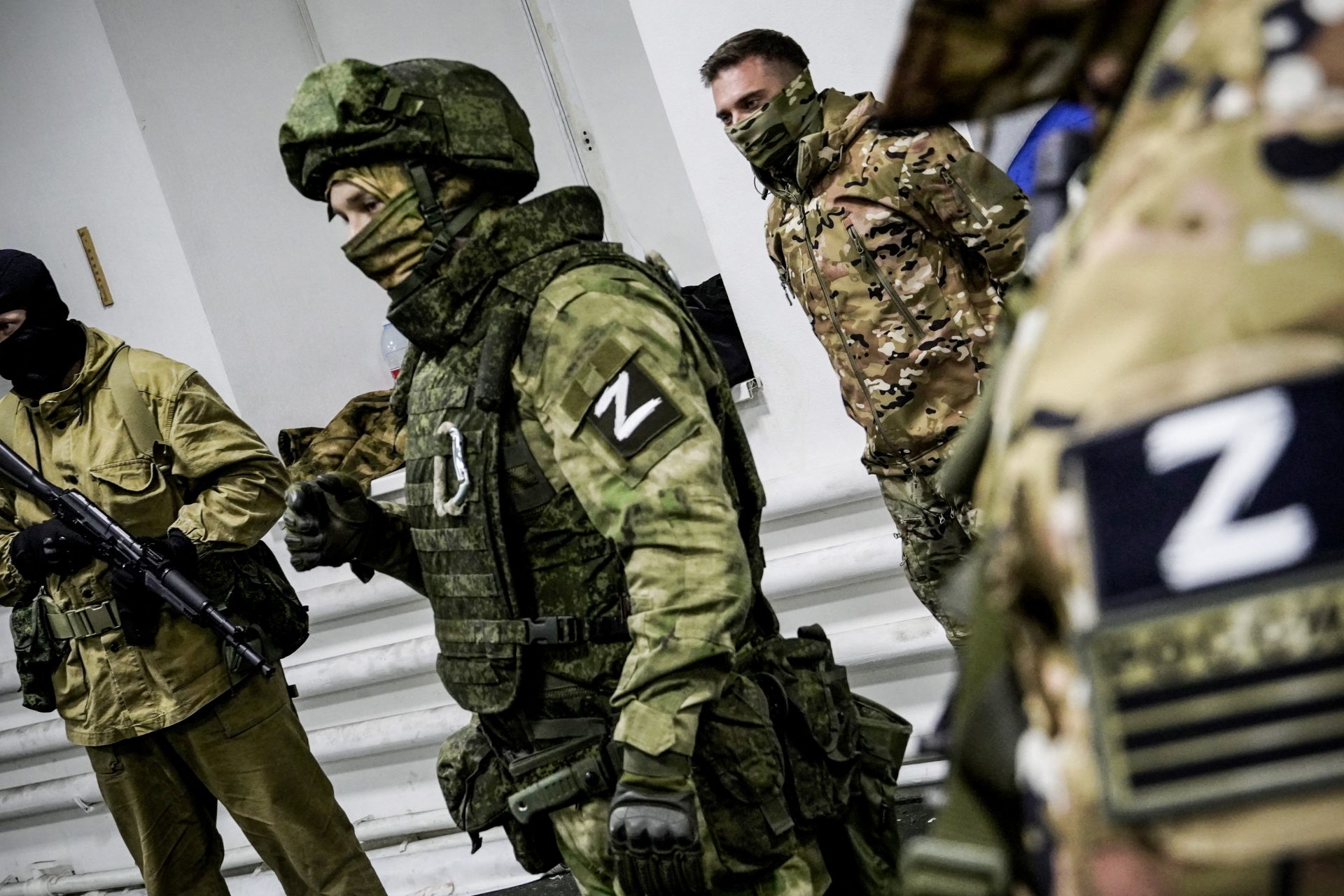Recent Russian nuclear sub activity in the Atlantic is starting to get worrying
Russian nuclear submarines operating in the Atlantic have increased their presence in the ocean to levels that haven’t been seen in years according to a top U.S. commander.
“The Russians have been more active than we’ve seen them in years,” Army General Chris Cavoli explained to the House Armed Services Committee on April 26th.
Cavoli is the top general for NATO forces in Europe and he made his statement while speaking to Members of Congress about the national security threat facing the continent in relation to U.S. military posture.
“Their patrols into the Atlantic and throughout the Atlantic are at a high level most of the time, at a higher level than we’ve seen in years,” repeated Cavoli while explaining Russia’s capabilities.
“And this, despite all the efforts they’re undertaking in Ukraine,” the general warned, in a clear statement that Russian forces were not as weak as they seemed after Ukraine.
While Russia’s poor performance in Ukraine has led some analysts to question the country’s military might, there are those who still respect the power of Russia’s military.
Seapower is one aspect of Vladimir Putin’s combat power that is still one of the world’s best and he hasn’t been shy about using it to flex Russia’s muscle around the globe.
In April, Russia held impressive military exercises in the Pacific, which saw the inclusion of 167 warships, 12 submarines, and 89 aircraft according to the Associated Press.
Putin reportedly praised the naval drills but it was clear that the timing and scope of the exercises showed his clear intention of intimidating the West as tensions continued to rise.
This may be why Russia’s Atlantic nuclear sub fleet has been more active in recent weeks and why Cavoli has come to understand it as one of the big risks facing the U.S. and Europe.
“Cavoli’s assessment represents a grave warning for future threats Russia may pose to the U.S. and Ukraine’s other Western backers,” wrote USA Today’s Paul Stankard.
Increased submarine activity isn’t the first provocation in the Atlantic that the United States has faced this year. In January, Putin sent one of his most advanced warships on a long and meandering journey through the world's ocean carrying a deadly new weapon.
Putin boasted to Russian media that the ship was carrying one of Russia's country’s new Zircon hypersonic long-range missiles according to a report at the time from CNN.
Photo by Twitter @BaronDaler
“It has no analogs in any country in the world,” Putin said according to a CNN translation. “I am sure that such powerful weapons will reliably protect Russia from potential external threats and will help ensure the national interests of our country.”
Despite the losses in Ukraine, Russia still has a formidable nuclear arsenal according to Assistant Secretary of Defense Celeste Wallander, who noted in the House Committee meeting with General Cavoli that Russia had several air, cyber, and underwater capabilities.
“We should not make the mistake of underestimating Russia’s military capabilities,” Wallander cautioned, “because the stakes of getting it wrong are too high.”
More for you
Top Stories





























